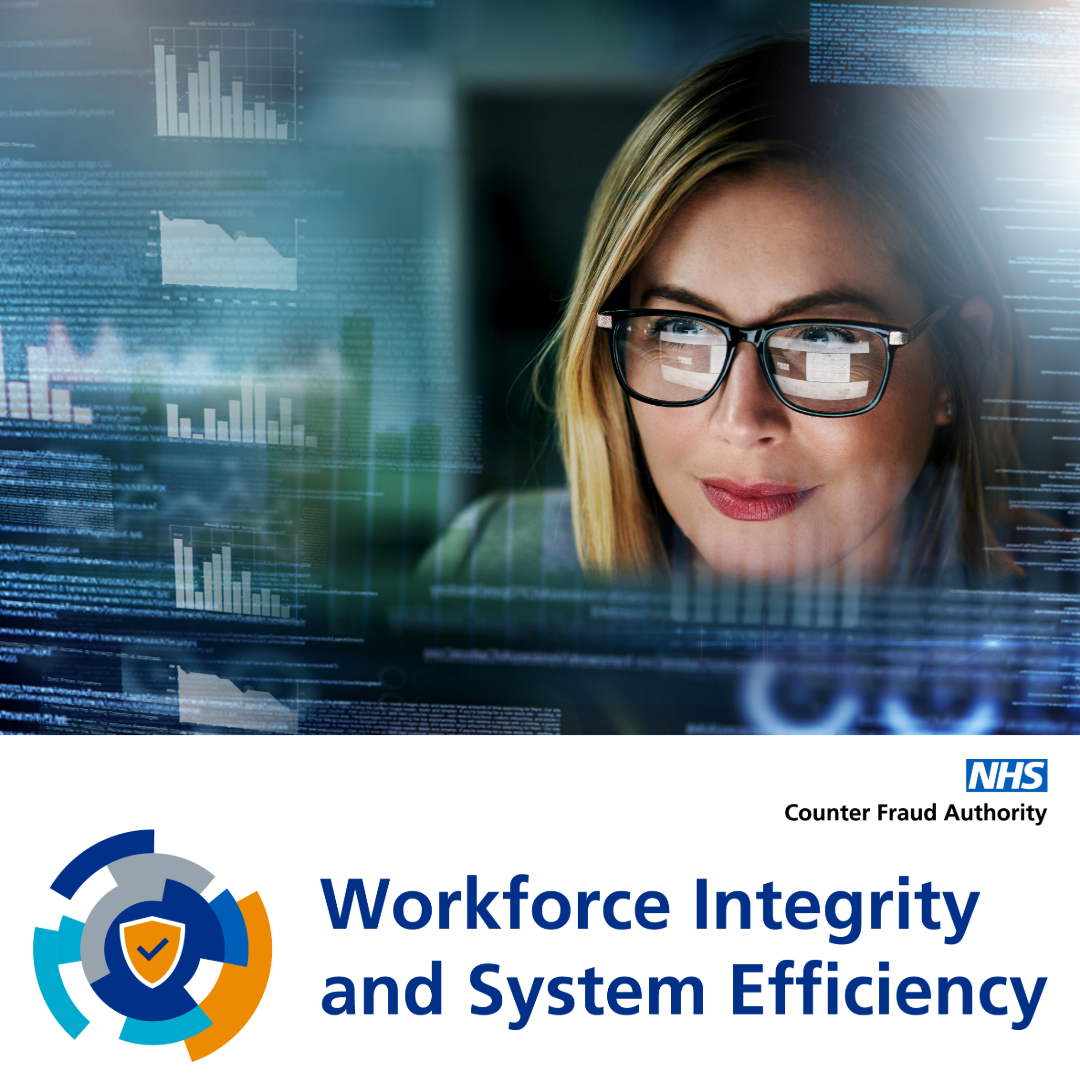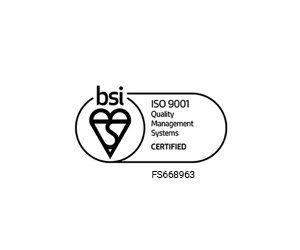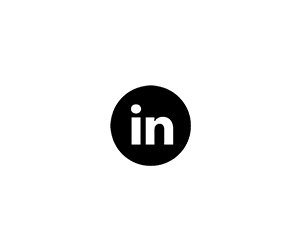Test and Trace scam alert issued by councils
June 25, 2020
The Local Government Association says councils have received reports of fraudsters attempting to exploit the system through bogus phone calls, emails and text messages which ask for bank card details to cover the cost of the testing kit. The genuine NHS service is free.
People are being urged to be on their guard against criminals trying to con people out of money by pretending to be from the NHS Test and Trace Service, in a new coronavirus-related scam.
The Local Government Association says councils have received reports of fraudsters attempting to exploit the system through bogus phone calls, emails and text messages which ask for bank card details to cover the cost of the testing kit. The genuine NHS service is free.
The warning comes during Scams Awareness Fortnight, and amid new research which shows that more than one in three people in the UK have been targeted in scams since lockdown began.
The Test and Trace Service aims to reduce the spread of coronavirus by quickly testing people with symptoms and either phoning, texting or emailing whoever they have had close contact with to tell them to self-isolate for 14 days.
In the scam, a message or phone call claiming to be from the NHS Test and Trace Service is sent or made to householders informing them that they have been in contact with somebody who has tested positive for coronavirus and that they need to self-isolate and take a test.
The scammers refuse to disclose who the householder has been in contact with but ask them to confirm their address so a testing kit can be sent to them. Bank card details are then requested – purportedly to cover the cost of the testing kit.
The LGA is urging people to be vigilant to protect themselves from the scam. Residents are being reminded that the genuine NHS Test and Trace Service will never:
- Ask for bank account details, passwords or PIN numbers
- Ask for a payment or to buy a product
- Ask you to download any software
- Ask you to call a premium rate number to speak to the NHS (for example, those starting 09 or 087)
- Disclose any of your personal or medical information to your contacts.
- Anyone asked these types of questions should report the incident to Action Fraud.
To read this article from The Local Government Association in full visit their website.
Share this news story...

Section 199 of the Economic Crime and Corporate Transparency Act 2023 (ECCTA) introduced a new corporate offence that significantly raises the bar on fraud risk management. Large organisations can now be criminally liable if an employee, agent, or other associated person commits fraud for the organisation’s benefit—and the organisation did not have reasonable fraud prevention procedures in place. This is a strict liability offence. Prosecutors do not need to prove senior management knowledge or intent. If fraud occurs and the organisation cannot demonstrate an adequate prevention framework, liability follows. The only defence: reasonable procedures The sole statutory defence is that the organisation had reasonable procedures in place to prevent fraud, or that it was reasonable not to have such procedures. In practice, regulators have made clear that “reasonable” will be interpreted robustly. Organisations should be acting now to: Conduct a documented fraud risk assessment covering business models, revenue streams, incentive structures, third-party exposure, and jurisdictional risk. Design proportionate prevention controls aligned to identified risks, including financial controls, approval thresholds, segregation of duties, and oversight of agents and intermediaries. Set the tone from the top , with clear board ownership, senior accountability, and demonstrable commitment to fraud prevention. Implement targeted training and communications so employees and associated persons understand fraud risks, red flags, and reporting routes. Maintain monitoring, reporting, and review mechanisms , including whistleblowing channels, audits, and periodic reassessment as the business evolves. Evidence everything . Policies without implementation, or controls without records, will not support a defence.

Thank you to everyone who attended one of our fraud prevention webinars in 2025. For those who missed them, you can now watch all the recordings at your convenience on the SAFE YouTube channel. Whether you want to find out more about the drivers of fraud, or explore strategies for preventing emerging threats such as dual employment and imposter fraud, we've got a webinar for you. All the links you need are below, and we've included links to additional resources available elsewhere on the SAFE website.

SAFE – Security and Fraud Experts and Dorset HealthCare University NHS Foundation Trust are proud to be part of Project WISE (Workforce Integrity and System Efficiency), a proactive initiative using data and advanced analytics to strengthen fraud detection across the NHS. The NHSCFA estimates that £1.346 billion of NHS funding is vulnerable to loss through fraud, bribery and corruption in England. With fraud posing a significant risk to NHS resources each year, we’ve joined forces with the NHS Counter Fraud Authority and four other NHS organisations across the South East and South West to pilot this first-of-its-kind initiative. The pilot is helping to identify emerging fraud risks and patterns, turning complex data into actionable intelligence that supports local and regional counter fraud teams.


